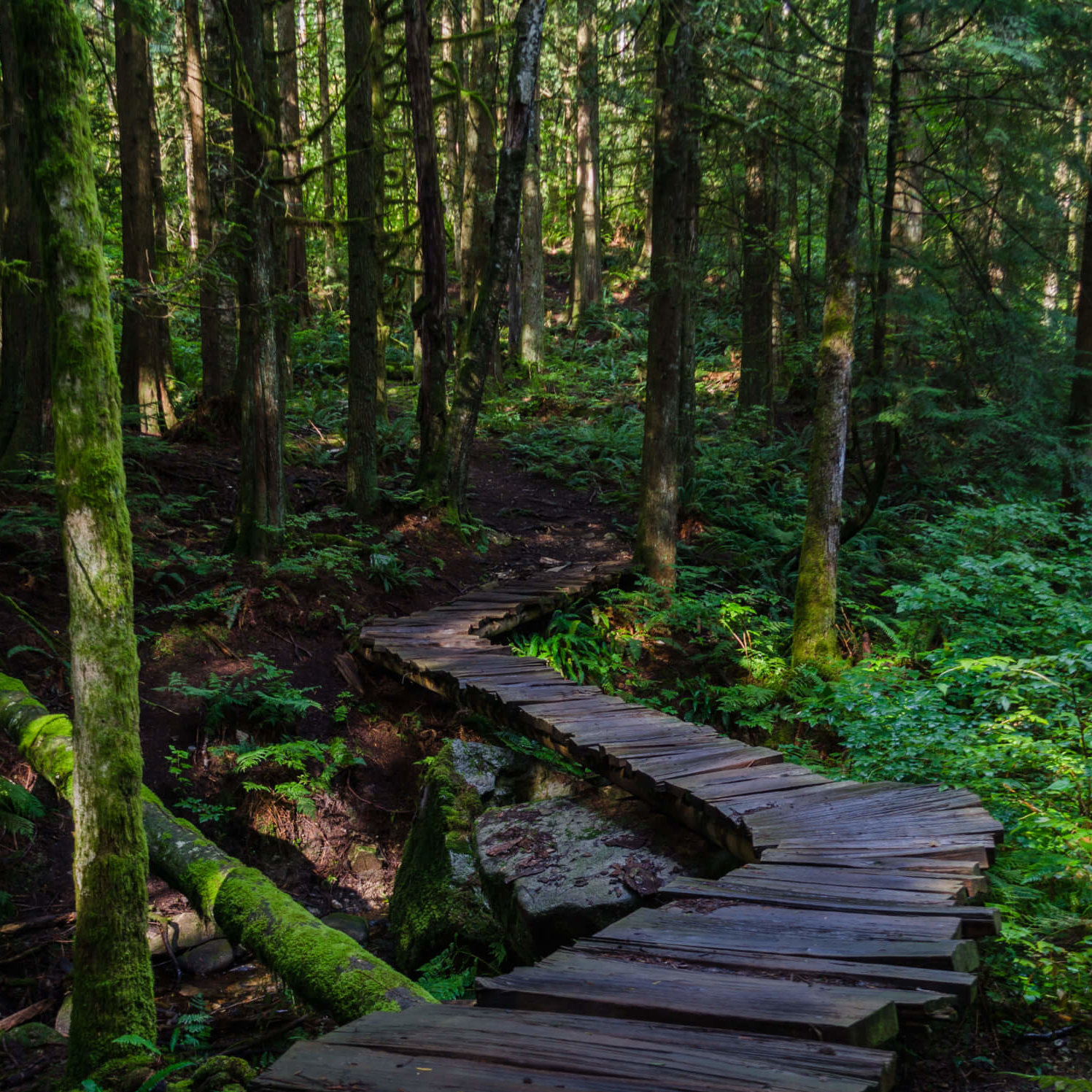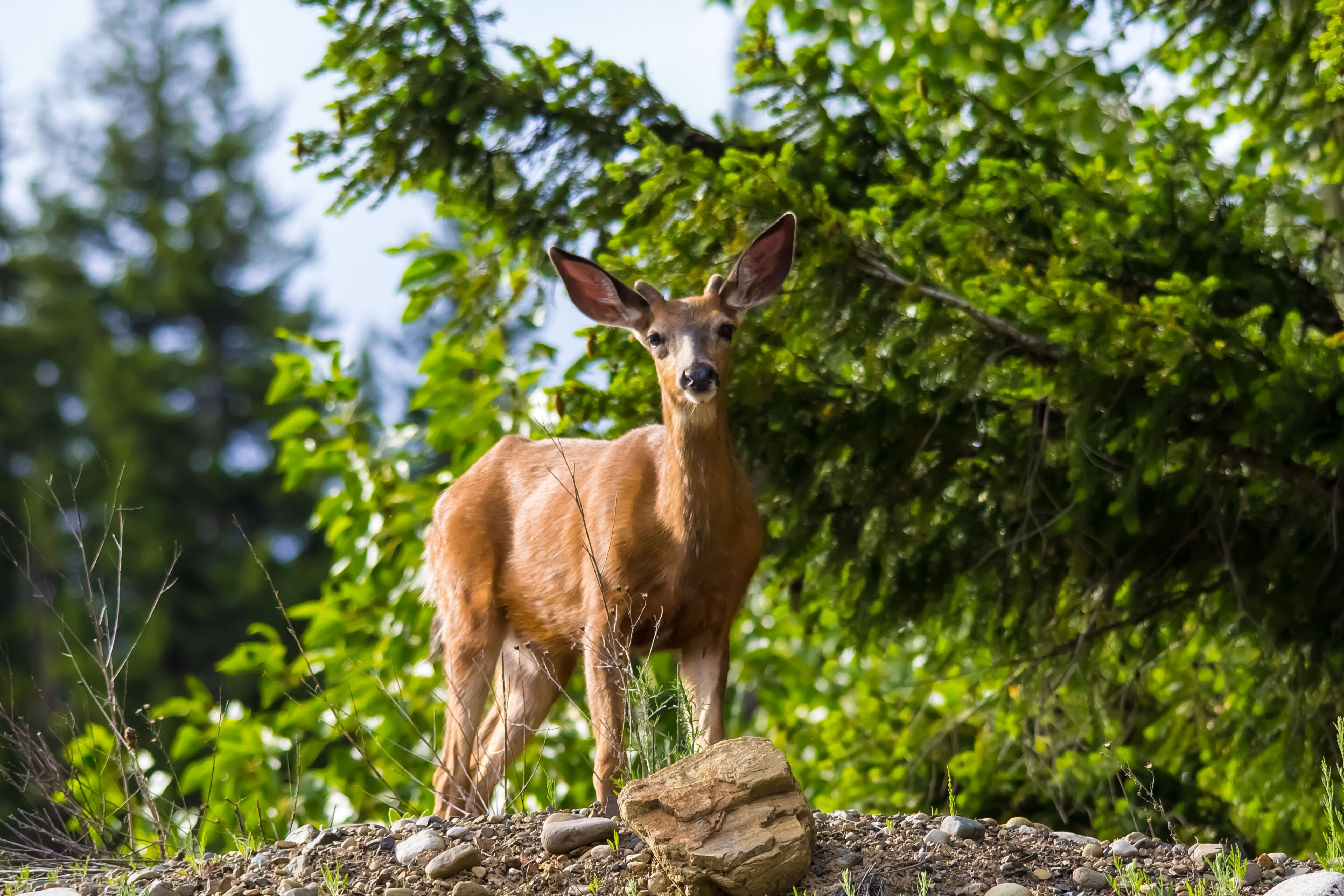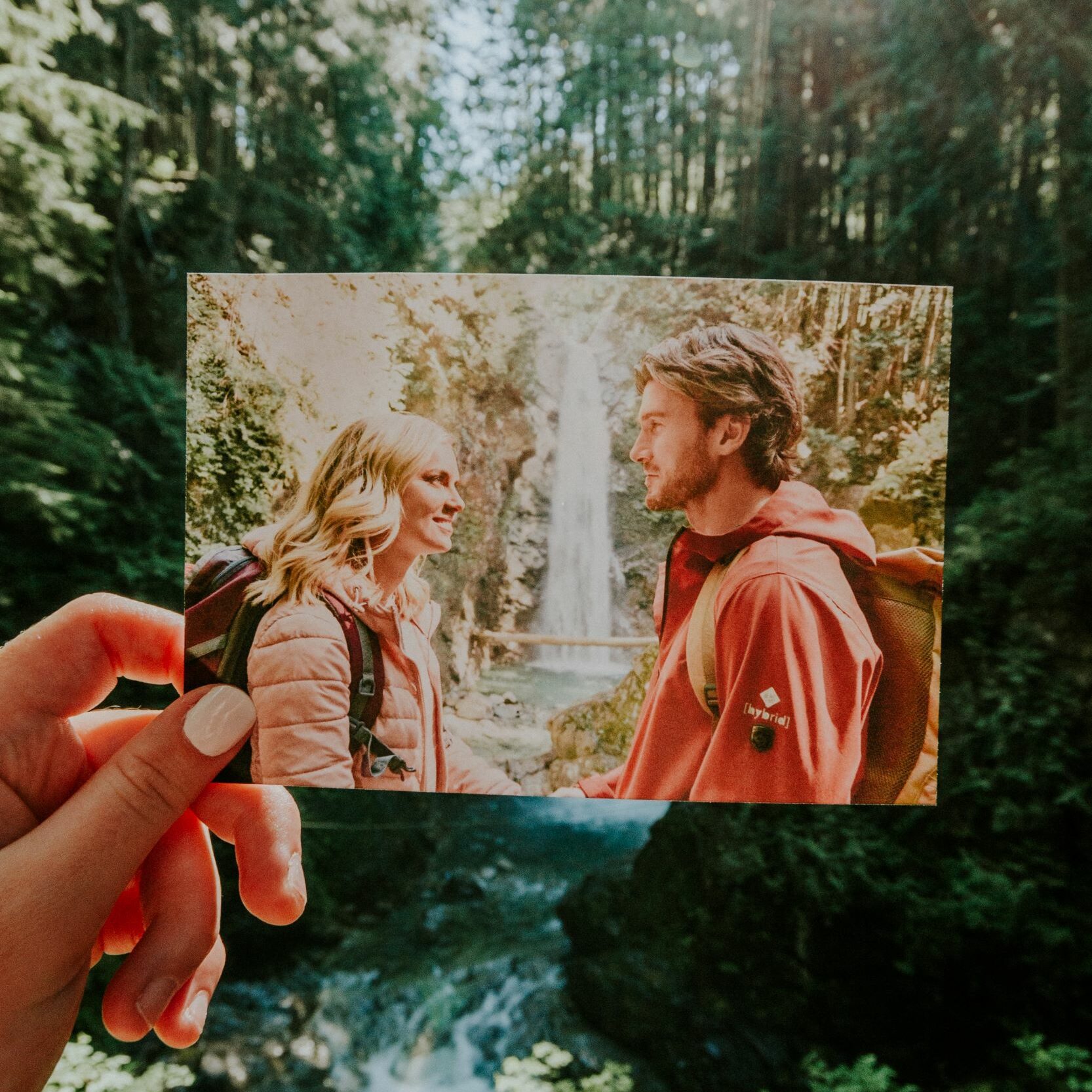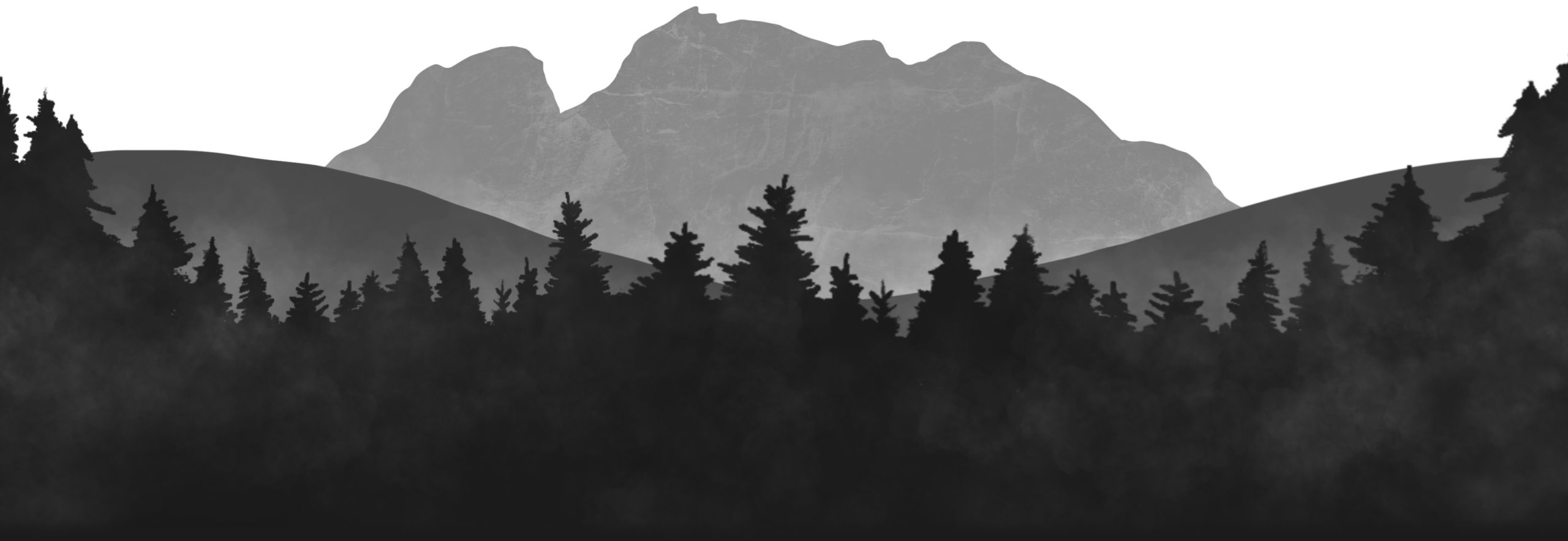With summer just around the corner and bear season in full swing, it’s important to stay safe and prepared when heading outdoors. Whether you are an experienced camper or a beginner hiker it's always essential to be responsible while enjoying the outdoors.
You have probably heard the phrase “leave no trace” and it's an important guideline to follow. It means appreciating the outdoors without making a direct impact on the environment. This isn’t only important for the safety of local wildlife, and to preserve the environment, but it’s also courteous to other hikers and will help to continue people's enjoyment of our recreational areas for years to come. Here are a few ways you can enjoy the beautiful outdoors without causing harm and staying safe:
Hike in a Mindful Manner
If you’re hiking through a more popular area stay on existing trails. If you are in a less popular area, try to refrain from creating artificial trails. It’s important to keep the trails in pristine condition, which also means taking home any litter, or food with you. Littering isn’t only harmful to the environment but, it’s also a threat to the local wildlife and can cause human-wildlife conflicts. I would not fancy my chances with a bear!
Plan Ahead and Prepare
When you’re poorly prepared, you’re more likely to run into problems. Planning ahead includes doing some research about your destination and packing appropriately. Researching will also help you stay safe. Here are a few tips to prepare:
- Know the regulations and special concerns for the area you will visit
- Prepare for extreme weather conditions, hazards, and emergencies
- Schedule your trip to avoid times of high use
- Repackage food to minimize waste
- Use a map or compass to eliminate the use of marking paint, rocks, or flagging
- Let someone know where you are going - the planned route and your expected arrival home
Pack Up What You Bring
It's critical that you dispose of any and all waste, along with leftover food items. Be sure to pack up litter and carefully inspect the area for any spilled food before leaving your camp site or day-use area.
Leave What You Find
“Take only pictures, leave only footprints” is a great principle while being outdoors. While you should take the time to appreciate artifacts, plants, rocks, and other natural objects; you should never take them home with you. It's also important to avoid transporting or introducing non-native species into a new environment. Avoid digging trenches or building structures, unless you can easily break them down before you leave.
Respect the Local Wildlife
It's perfectly fine to observe wildlife from a distance; however, you should never approach them. You should also never feed wild animals since this can alter their natural behavior, damage their health and expose them (or yourself) to other dangers. Be sure to store rations and trash in secure containers. Control pets and try to avoid wildlife during sensitive times, when they are nesting, mating, or raising young. We must look at the outdoors as visiting the home of local wildlife. Clean up your mess and try not to damage the terrain, be a respectful and courteous visitor, this is their home after all!









